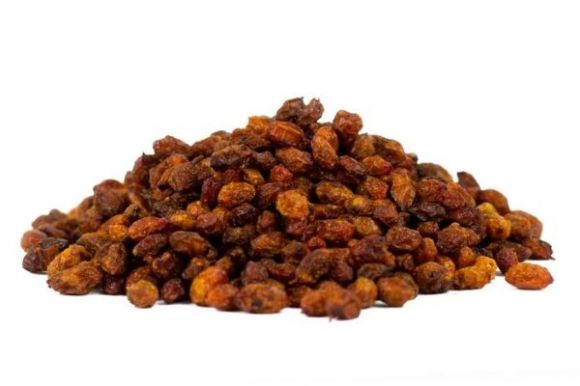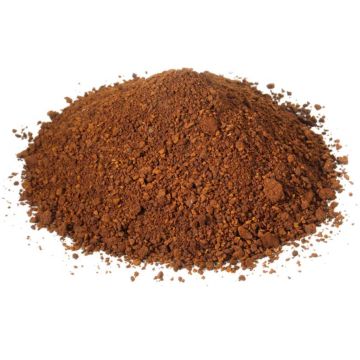Description
Sea buckthorn is one of the most important foods that nature has given us. Its name is complex and comes from the word "horse" and "phaos", which means glow. This name has its roots in historical evidence, which testifies that during the reign of Alexander the Great, sick horses were fed sea buckthorn and then gained strength and shiny hair.
Sea buckthorn is a small shrub, the fruits of which contain more than 150 active and nutritious ingredients, such as vitamins A, C, D, E and K, unsaturated fatty acids, minerals, powerful antioxidants.
Properties:
- Boosts health and stimulates the immune system.
- Reduces platelet aggregation in healthy individuals, thus preventing atherosclerosis, improves cardiovascular function in individuals with ischemic heart disease. It has a positive effect on blood lipids even in people with hyperlipidemia, reduces the levels of total and "bad" LDL cholesterol, reduces the oxidation of LDL cholesterol, while it has a positive effect on the levels of triglycerides and HDL cholesterol.
- Fights free radicals and oxidative stress, providing antioxidant and anti-inflammatory action. It thus helps prevent diseases such as cancer and inflammation.
- It is rich in calcium.
- Helps boost metabolism and regulate weight.
- Promotes eye and skin health.
- It has anti-aging properties.
- Gives toning of the body and energy.
- It strengthens the function of the nervous system and the proper psychological function.
How to use: The recommended amount is about 1 - 1 ½ teaspoon per day. They can be eaten raw as a snack or in yogurt, cereals, smoothies, oatmeal, desserts, and baked goods such as cakes, bread, cookies, cereal bars.
-
Product Conventional cultivation Origin ChinaHow to Use Pastry Making,BreakfastImmune system, Anti-aging, Anticancer, Antioxidant, Anti-inflammatory, Detoxification, Arteriosclerosis, Flu, Diabetes (High Blood Sugar), Energy, Heart, Cold, Blood circulation, Metabolism, Stimulation, Hypertriglycerides, Cholesterol






